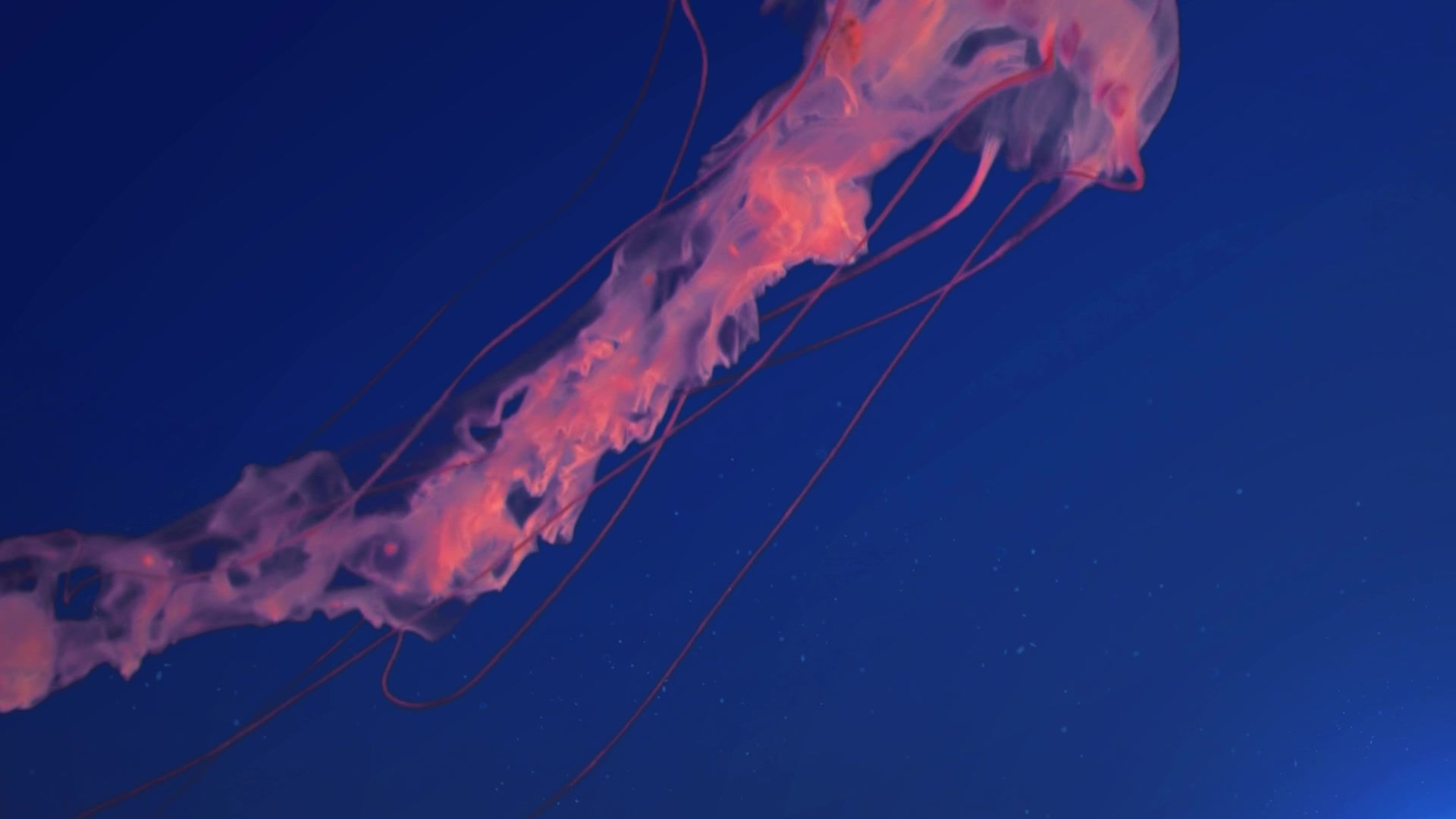
Kev-uhn
Kevin Castor
Mrs. Housepian/Mr. Conner
English 2H; Period 1
8 April 2016
“Glory and Gore”
According to a variety of religions, humans were made in the eyes of perfection. But if that’s the case, “Why do human beings slaughter each other in this manner?” Most importantly, “does perfection include the desire to sin?” The death and destruction caused by war is only possible because of humanity’s evolutionary impulse to survive. Aspects such as selfishness can be found through the Holocaust experience depicted in Night, as well as prejudice that causes genocides around the world, and lastly the humanity’s oblivious nature in Slaughterhouse-Five. The cruelties of war enhance selfish mindsets, inherent prejudice between rivaling groups and gullibility.
The underlying selfishness and aggressiveness within humanity is provoked when faced with the agony of war. During Elie Wiesel's Night, the main character Eliezer and his father were being transported to the next internment camp, and a man threw a loaf of bread in their cart when he “noticed that two children were trying to strangle each other” (105). The starvation the prisoners endure from the Holocaust’s internment camps drives the innocent children to become aggressive and resort to violence for survival. Due to the innocence and neutral mindset associated with kids, the author uses their acts of violence to demonstrate how even the purest of mentalities can dissipate from the cruelties of war. In a similar situation, another child is too focused on his own survival to realize he is murdering his own father; "Meir. Meir, my boy! Don't you recognize me? I'm your father... you're hurting me... you're killing your father! I've got some bread... for you too... for you too..." (Wiesel, 106). Another symbol of innocence is portrayed selfishly and obliviously murdering his father in order to obtain a small ration of bread. The struggles one must endure from war, such as famine, abuse, and isolation can activate the feral survival instinct from the mind of a child; there is only one motto humans have naturally stood by since the dawn of mankind, “Kill or be killed.” Aggression and selfishness are catalyzed by the cruelties of war.
The amount of influence prejudice has on humanity is displayed through the radical acts of discrimination caused from opposing groups. For instance, due to economic, ethnic, and religious differences, “Serbia invaded [and] ethnically [cleansed] Croatia by wiping out 200,000 - 300,00 minorities” (“Genocides Around the World”). Serbia attempted to eradicate the smaller demographics of Croatia that did not share the same ideologies as Serbia in order to press Serbia’s perceived superior culture. Prejudice against others facilitates the intensity of discrimination which then serves as an influence for past, present, and future genocides. Additionally, ignorance appears when “the Tutsi were favored over the Hutu [due to genetic differences and advantages]...which [ultimately] caused many civil wars...thousands killed” (Genocides Around the World). The Tutsi were deemed superior over the Hutu because of their genetic differences such as lighter skin and taller heights, however the Tutsi’s arrogance fueled the Hutu to retaliate. DIfferences create superiority complexes even if all humans are equal, they will always attempt to find differences which causes uproars and violence throughout the oppressed demographics, ultimately causing a revolt on equality as humans. The discriminating nature of war causes humanity to succumb to bigotry and hatred for others.
The aggression of war advocates individuals to succumb to their inherent childish gullibility to war such as in the novel Slaughterhouse-Five. In the preface, the author Vonnegut states "there are almost no characters in this story, and almost no dramatic confrontations, because most of the people in it are so sick and so much the listless playthings of enormous forces." Vonnegut exhibits how the humans the characters are based on were mere puppets, excited from the bloodlust and greed associated war. Humanity has normalized destruction during times of war, which then desensitizes the cruelties that come as a product of it. Furthermore, When Vonnegut’s includes in the preface how “[soldiers will] pretend [they] were men instead of babies, and [they’ll] be played in the movies...And war will look just wonderful, so we'll have a lot more of them. And they'll be fought by babies like the babies upstairs" (Vonnegut). The depiction of war may seem glamorous to individuals and will cause them to become oblivious to the harsh nature of war. When war is exhibited as admirable and positive, humanity tends to childishly capitulate to the false propaganda and advocate for onslaught. The common misconceptions of war originate from humanity’s childish ability to act gullible to the ideologies of war.
The harshness of war fosters the growth of ignorance, intolerance for others, and arrogance.. Through the text Night, it is shown how war can drive even the innocent of people to madness and extreme selfishness. Additionally, the amplification of prejudiced mindsets can be seen through mass genocides and superiority complexes. Lastly, the gullibility of human nature is showcased in the Preface of Slaughterhouse-Five by explaining humanity’s false associations with war. War does not discriminate against the perceived sinners and saints, it is solely up to humanity to use the free will to resist the indwelling malevolence within war.
---------------------------------------------------------------------------
Housepian, Sarah. “Genocides of the World.” Feb 2015. Google Slides.
Vonnegut, Kurt. Slaughterhouse Five. New York, New York: Dell Publishing, 1991. 215. Print.
Wiesel, Elie, and Marion Wiesel. Night. New York, NY: Hill and Wang, a Division of Farrar, Straus and Giroux, 2006. Print
Areas I wanted to focus on:
1.) Having better Means/Matters statements, add more of a so what kind of feeling.
2.) Concluding sentences need a stronger "so what" feeling.
3.) Relate to the topic sentence more with my analyses.